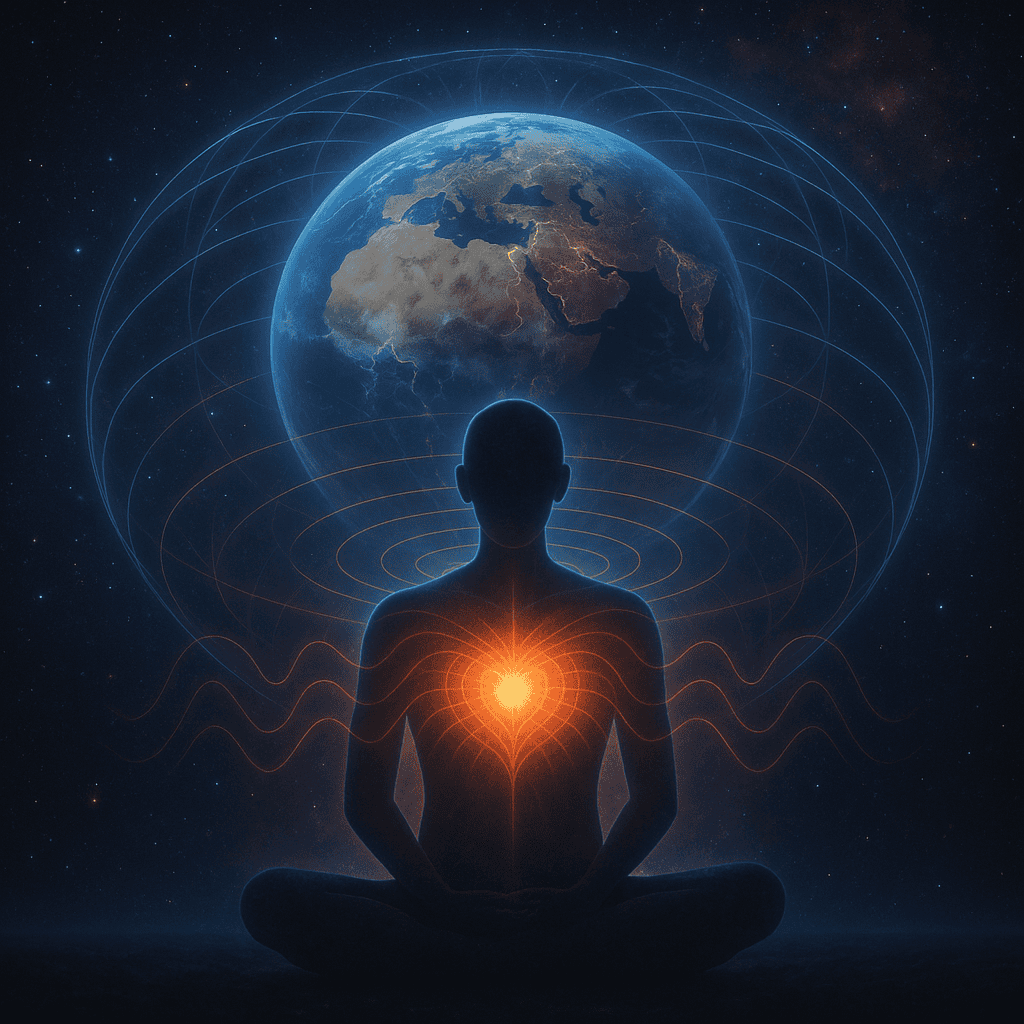Schumann Resonance
The Schumann Resonance: Earth's Natural Heartbeat
Have you ever wondered if Earth has a heartbeat? It turns out, in a way, it does, and it’s called the Schumann Resonance. Discovered in the mid-20th century, this mysterious natural phenomenon has captivated scientists, spiritual thinkers, and environmentalists alike. But what exactly is it, and why should we care?

What is the Schumann Resonance?
The Schumann Resonance is a set of electromagnetic frequencies that occur naturally between the Earth’s surface and the ionosphere, the layer of the atmosphere filled with charged particles. This space acts like a resonant cavity, an atmospheric echo chamber.
The most fundamental of these frequencies pulses steadily at around 7.83 Hz, although higher harmonics exist (14.3 Hz, 20.8 Hz, 27.3 Hz, and 33.8 Hz). These waves are primarily excited by lightning strikes, which occur about 50 times per second around the globe.
A Discovery Rooted in Physics
German physicist Winfried Otto Schumann predicted the phenomenon mathematically in 1952, hence the name. It was later measured and confirmed in the real world. Despite sounding like something out of science fiction, the Schumann Resonance is a well-documented geophysical phenomenon.
Why Does It Matter?
- Climate and Environmental Monitoring
Because the Schumann Resonance is influenced by lightning activity, scientists can use it to monitor global weather and climate patterns. Fluctuations in the frequencies can provide data on storm intensity, temperature shifts, and even changes in the Earth’s magnetic field.
- Human Health and Circadian Rhythms
Some studies suggest that the Schumann Resonance may be in sync with the human brain’s alpha waves, the frequency range associated with calmness and relaxation. While still controversial, this has led to speculation that Earth’s electromagnetic rhythm may subtly influence our biology.
- Space Weather and Satellite Communication
The ionosphere plays a vital role in radio communications and GPS systems. Understanding the electromagnetic activity in this region, including the Schumann Resonance, helps scientists manage the effects of solar storms and space weather on our technology.
Myth vs. Science
The Schumann Resonance has also been popular in spiritual and New Age communities, where it’s sometimes referred to as the Earth’s “heartbeat” or “frequency of consciousness.” While these ideas aren’t grounded in scientific evidence, they highlight our natural curiosity and yearning for a deeper connection with the planet.
Final Thoughts
Whether you see the Schumann Resonance as a scientific curiosity, a tool for environmental research, or a symbol of our bond with nature, it’s a fascinating reminder of the rhythms that pulse beneath our awareness, steady, subtle, and deeply connected to our world.
